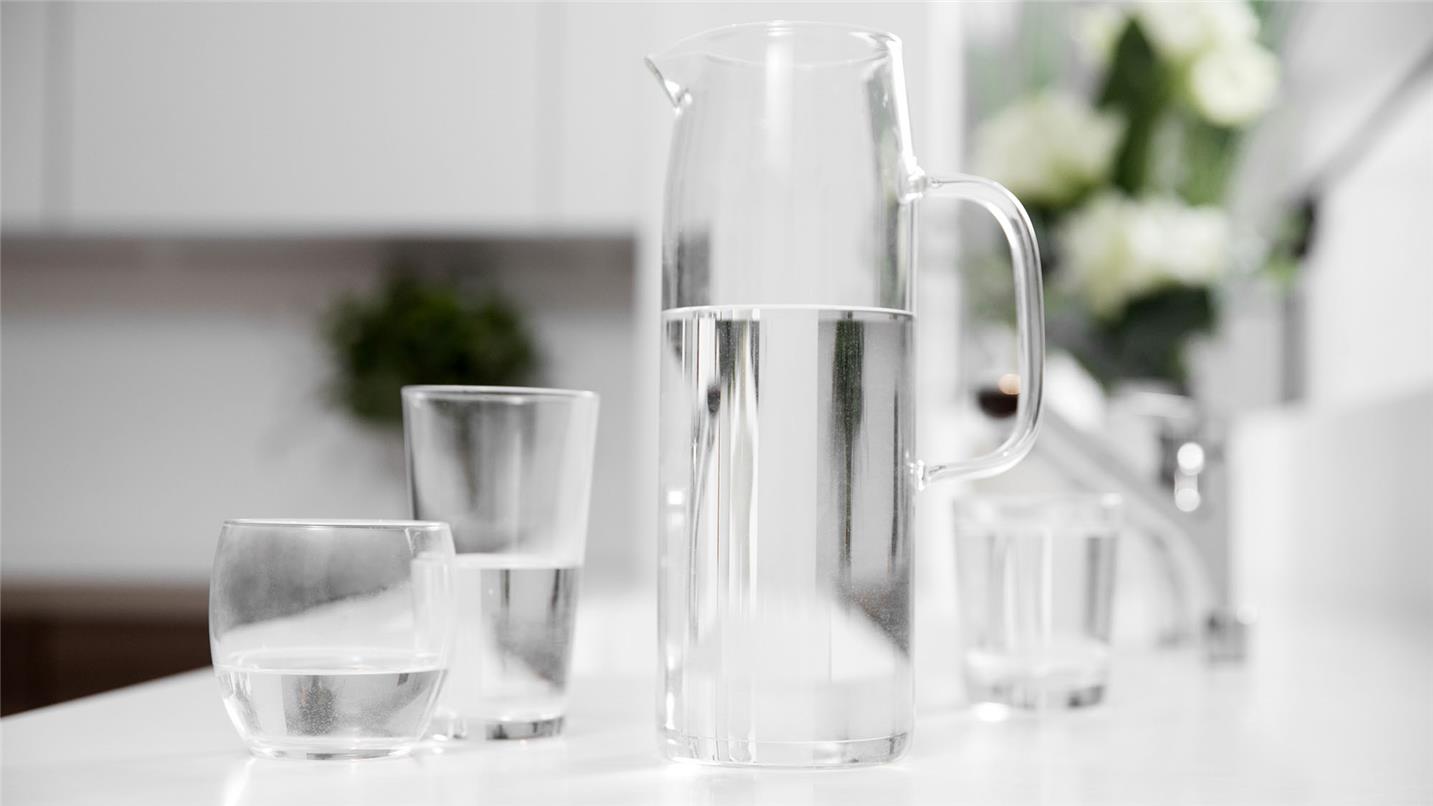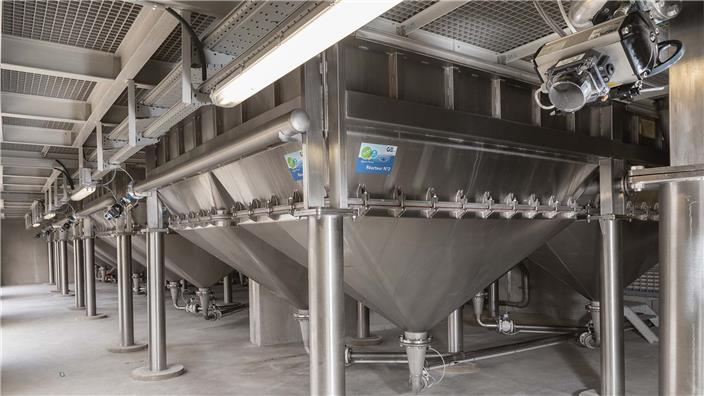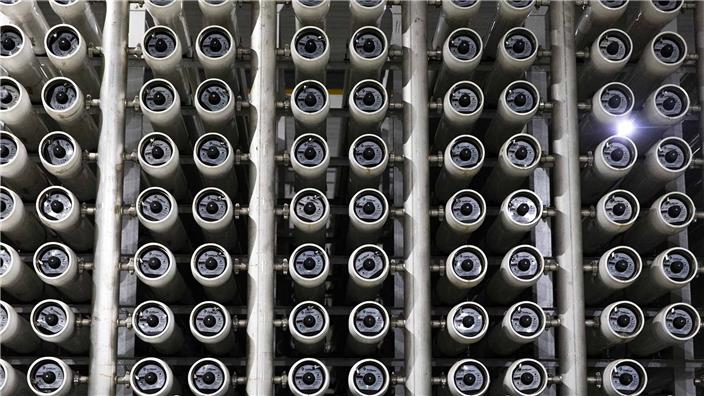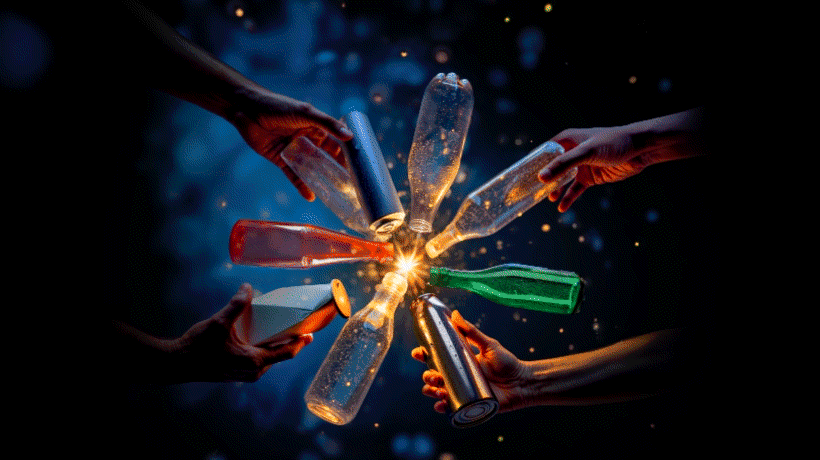Problems caused by hard water and what to do about it
Water hardness is the amount of dissolved calcium and magnesium in the water. Hardness is a property of water that may not be a health concern, but it can be a nuisance. Hard water can cause mineral scaling in plumbing, fixtures, and water heaters, and poor performance of soaps and detergents.
Water sources with high hardness levels can cause problems both in the water supply network (scaling) and at the end-customers through scaling e.g. of heating elements as well.
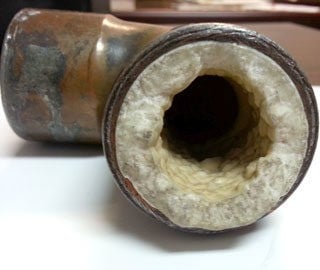
Source and problems caused by hard water
Ca2+ + 2HCO3- ‹----› CaCO3 + CO2 + H2O
This precipitate, known as scale, coats the vessels in which the water is heated, producing the mineral deposits on your cooking dishes.
In small quantities, these deposits are not harmful, but they may be frustrating to try to clean. As these deposits build up, however, they reduce the efficiency of heat transfer in hot water systems.
More serious is the situation in which industrial-sized water boilers become coated with scale: the cost in heat-transfer efficiency can have a dramatic effect on the electricity bill. Furthermore, scale can accumulate on the inside of appliances, such as dishwashers, and pipes for end consumers in their households.
As scale builds up, water flow is impeded, and hence appliance parts and pipes must be replaced more often than if Ca2+ ions were not present in the water.
Water softening for hard water
In order to decrease problems caused by hard water, there is main treatment to apply – a water softening. In the regions of Denmark with hard drinking water, softening has become a focus area for the waterworks.
In a report published by Danish Ministry of Environment, centralized softening was evaluated, and it was found to have significant economic benefits and comfort for the consumers due to e.g. less expenses for descaling and lower energy loss for heating elements.
Main advantages of water softening for end consumers are:
- Less energy consumption due to reduction of lime coatings in installations
- Increased lifetime of household appliances
- Less consumption of soap
- Less consumption of household chemicals
Many solutions – one goal
Softazur C is a chemical based softening technology based on pellets, Softazur E is a solution based on electrolytical precipitation while Softazur M is based on separation through nanofiltration.
Contact our expert

